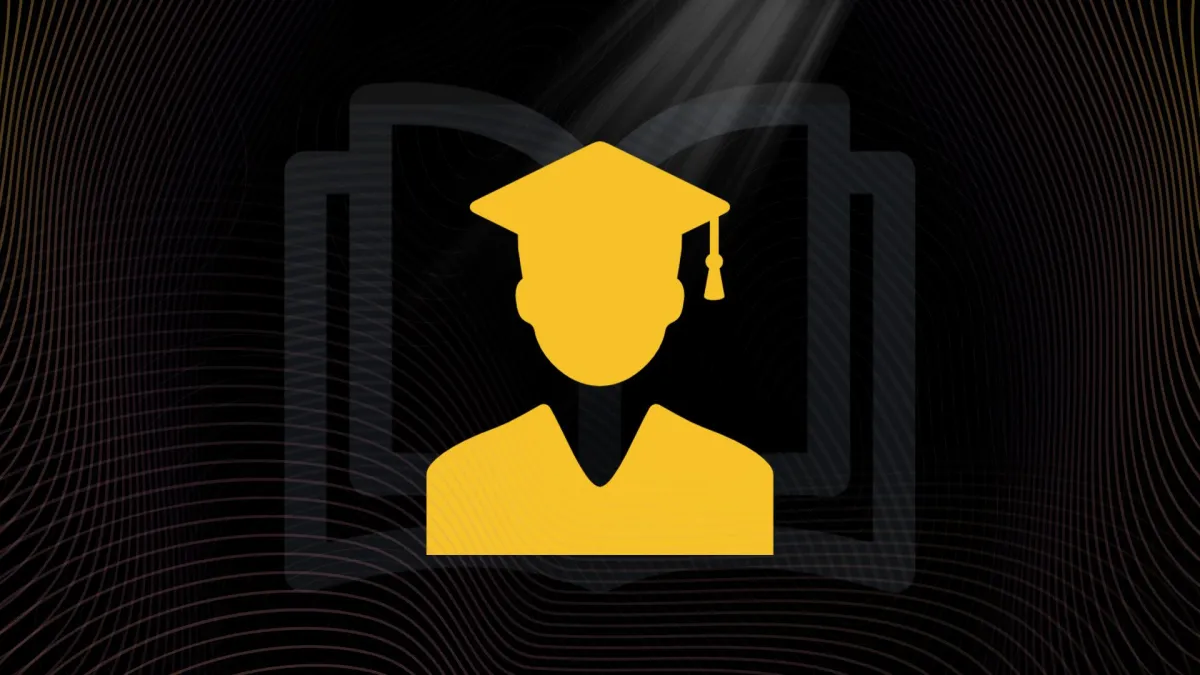
The 3 R’s of Classroom Success: Relationships, Routines, and Relevance
Introduction:
In today’s fast-paced educational landscape, students face numerous challenges that can hinder their ability to succeed. As educators, it’s essential to foster an environment that not only supports academic achievement but also encourages personal growth and resilience. The foundation of this success lies in the three R’s of classroom excellence: Relationships, Routines, and Relevance. These pillars create a dynamic and engaging learning atmosphere where students can thrive and develop both inside and outside the classroom.
The Power of Relationships in Education:
The first of the three R’s, relationships, is arguably the most vital factor in student success. When students feel valued, understood, and supported by their educators, they are more likely to engage, participate, and perform well. Building meaningful connections with students helps to establish trust, and it creates a positive and safe learning environment. It’s essential to recognize that students are not just learners—they are individuals with unique experiences, challenges, and aspirations.
Educators who invest time in understanding their students' backgrounds, interests, and learning styles create a stronger bond that motivates students to perform at their best. When students trust their teachers, they are more likely to take risks, ask questions, and seek help when needed.
The Importance of Routines for Success:
Routines are the second essential component in promoting classroom success. A well-structured classroom routine fosters consistency and helps students feel secure in knowing what to expect. Routines eliminate chaos and create an environment where students can focus on their work rather than worrying about unpredictability.
By implementing clear and consistent procedures for daily tasks, transitions, and classroom behavior, educators create a sense of order that promotes academic focus. Routines also allow teachers to maximize instructional time and ensure that students remain on task and engaged throughout the lesson.
However, it’s important that these routines remain flexible enough to adjust to unforeseen challenges. A routine shouldn’t feel like a rigid structure but rather a supportive framework that enables both the students and the teacher to function at their highest potential.
The Relevance of Lessons to Student Engagement:
Relevance is the third R and is often the key to keeping students engaged and motivated. Students are more likely to invest time and effort into their education when they see a clear connection between what they are learning and their lives outside of school. When lessons are tied to real-world applications, students understand the practical importance of what they are studying.
Integrating relevant content that speaks to students’ interests, current events, and career opportunities can enhance their sense of purpose in learning. For example, teaching math through examples from technology, engineering, or finance can illustrate how essential it is to future career paths. Similarly, incorporating historical lessons into discussions about today’s social issues can show the relevance of past events in shaping the present.
Educators should continuously reflect on how to make their teaching relevant and impactful for their students, ensuring that every lesson connects to the larger purpose of their education and life goals.
Practical Strategies for Implementing the 3 R’s:
Foster Positive Relationships:
Take time to get to know each student personally.
Create opportunities for students to share their thoughts, feelings, and experiences.
Show empathy and be a consistent source of support.
Create Consistent Routines:
Set clear expectations and procedures from the start.
Reinforce positive behavior with consistent rewards and consequences.
Allow room for flexibility while maintaining a sense of structure.
Make Lessons Relevant:
Connect learning to real-world scenarios and career opportunities.
Tailor lessons to students’ interests and experiences.
Incorporate technology and current events to keep lessons fresh and engaging.
Conclusion:
The three R’s—Relationships, Routines, and Relevance—are the foundation upon which successful classrooms are built. When educators prioritize these three principles, they create an environment where students can thrive, succeed, and develop the skills necessary for both academic and personal growth. By fostering meaningful relationships, maintaining effective routines, and ensuring relevance in every lesson, educators lay the groundwork for a classroom culture that empowers students to reach their full potential.
Implementing these strategies will not only help students achieve their goals but will also inspire them to become lifelong learners who are prepared to navigate the challenges of the future with resilience and confidence.
